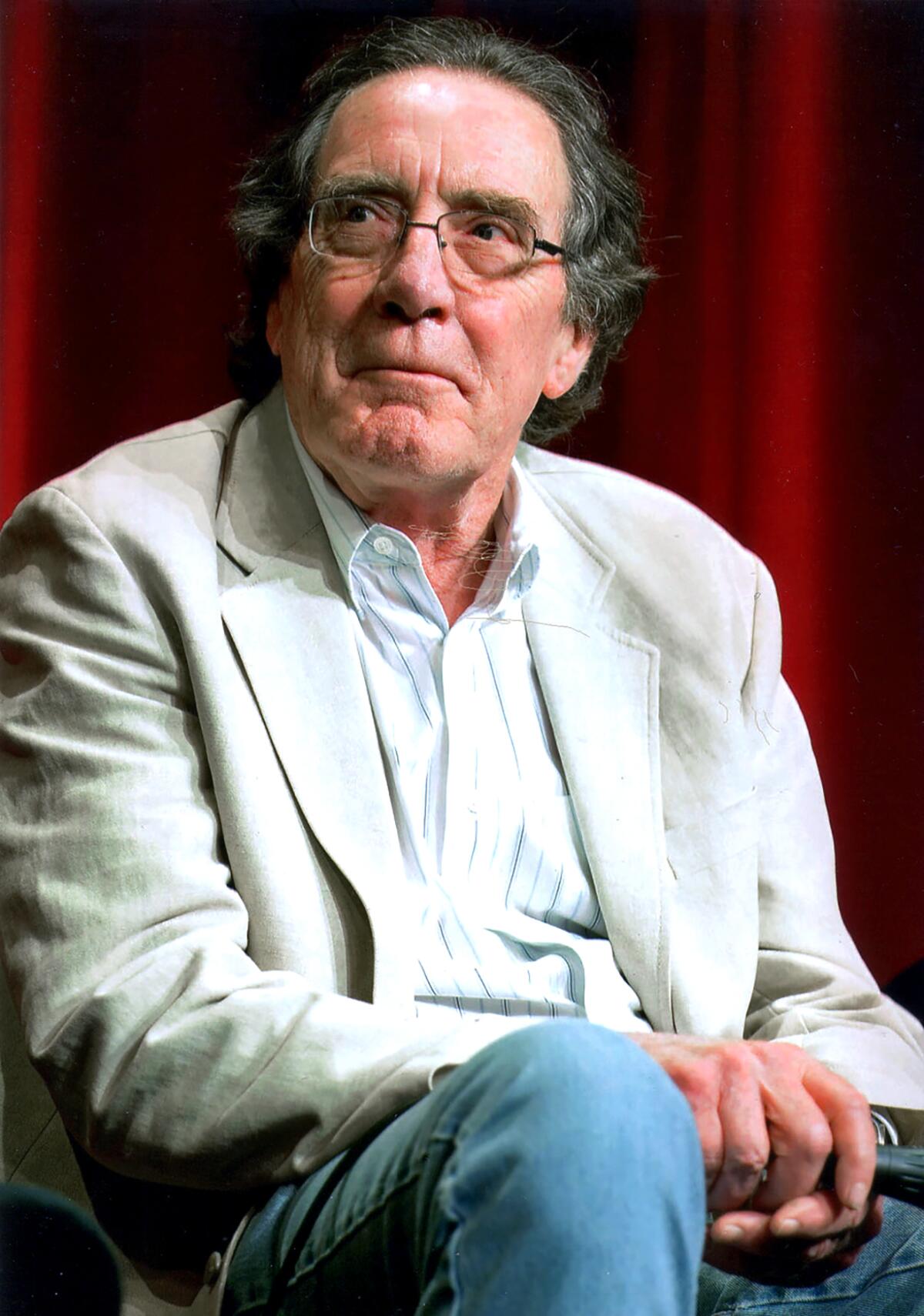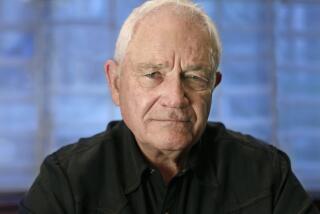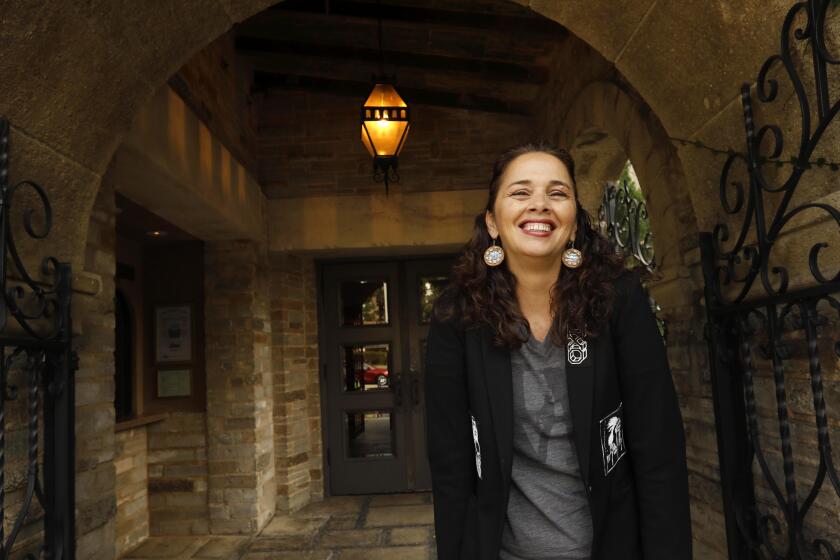Robert C. Jones, Oscar-winning screenwriter of ‘Coming Home,’ dies at 84

Robert C. Jones, the acclaimed film editor of “Guess Who’s Coming to Dinner” and “Love Story” who won a screenwriting Oscar for the 1978 war drama “Coming Home,” has died. He was 84.
His daughter Leslie Jones, also a film editor, confirmed his death Saturday. He died Feb. 1.
“My dad had a tremendous impact on my own editing career with whom I worked on several films as his assistant,” Leslie Jones said in a statement. “Like Bob I did not go to film school and had no formal training in editing. But what I learned was that editing does not always require a specific skill set. He taught me that talent instead is guided by a sense of compassion, and integrity, and the search for truth and authenticity. He had all that and more.”
Jones was known for his frequent collaborations with directors including Arthur Hiller and Hal Ashby. In the case of Hiller, the relationship lasted from the late 1960s through the early 1990s, a span during which Jones worked on projects including the 1970 Paramount Pictures classic “Love Story.” With Ashby, he edited such works as “Shampoo” and “The Last Detail.” He also worked with esteemed filmmakers including Warren Beatty and Stanley Kramer.
Born March 30, 1936, Jones dropped out of college and fell into the film business by getting a job at the 20th Century Fox mailroom. The Los Angeles-born Jones, whose father Harmon Jones was also a film editor, worked his way up to the editing room as an apprentice. He was later drafted into the Army and served at the Army Pictorial Center in Astoria, N.Y., where he worked as an editor on documentaries and training films.
“I was so fortunate,” he said in a 2014 interview with Cinemontage after he was honored with an ACE (American Cinema Editors) Career Achievement Award. “They made me an editor right away … and I got a lot of experience and confidence doing that.”
As an editor of motion pictures, he earned Academy Award nominations in the ’60s and ’70s for Kramer’s epic adventure comedy “It’s a Mad, Mad, Mad, Mad World,” the Spencer Tracy-Sidney Poitier-Katharine Hepburn film “Guess Who’s Coming to Dinner” (also directed by Kramer) and Ashby’s “Bound for Glory,” about the early life of folk singer Woody Guthrie.
Jones also made his mark as a scribe, writing the screenplay to Ashby’s “Coming Home,” which starred Jane Fonda, Jon Voight and Bruce Dern. He shared the 1979 Oscar for screenplay with Nancy Dowd and Waldo Salt.
He additionally became known for his work on the script for Ashby’s “Being There,” though he was not credited for his efforts. According to his daughter, Jones rewrote the script by Jerzy Kosinski, the author of the novel on which the film was based. But in an arbitration decision, the Writers Guild declined to credit him for his work. The move stung, Jones said in the 2014 interview.
“After ‘Coming Home,’ I kept getting Vietnam stories and that wasn’t me,” he said. “‘Being There’ was more my kind of story, but I didn’t get credit for it. I think my writing career would have been a whole lot different if I had gotten screen credit. The studio had given me co-credit with author Jerzy Kosinski, but the Writers Guild ruled the other way. It was a dark day in my life.”
Following his retirement from the film business, Jones became a professor at the USC School of Cinematic Arts, where he taught graduate and undergrad students for 15 years. A tribute posted on the film school’s website credited Jones for supporting students’ “passion for filmmaking and storytelling in general.”
“Bob was known for being patient and kind, and for a great sense of humor,” the USC post said. “He engaged students in the School’s hallways, joking with them and literally being a source of joy. He wasn’t just a mentor to students, but also his colleagues on the faculty, and members of the staff. Without a doubt he was one of the School’s most loved professors.”
In addition to his daughter, he is survived by his wife, Sylvia, and another daughter, Hayley Sussman.
More to Read
The biggest entertainment stories
Get our big stories about Hollywood, film, television, music, arts, culture and more right in your inbox as soon as they publish.
You may occasionally receive promotional content from the Los Angeles Times.







